Corey S Powell
Science Journalist, New York
Corey S Powell is a science editor and journalist. He has been an editor at Discover, Scientific American and Aeon. He is the author of God in the Equation (2003), and co-author of three books with Bill Nye, including Everything All at Once (2017). He is currently working on a book about the invisible aspects of the Universe, to be published by Harper One in 2026. He lives in Brooklyn, New York.
Written by Corey S Powell

essay
Physics
Chasing ghost particles
Without the neutrino, the Universe might be an empty void. But this inscrutable particle isn’t giving up its secrets easily
Corey S Powell
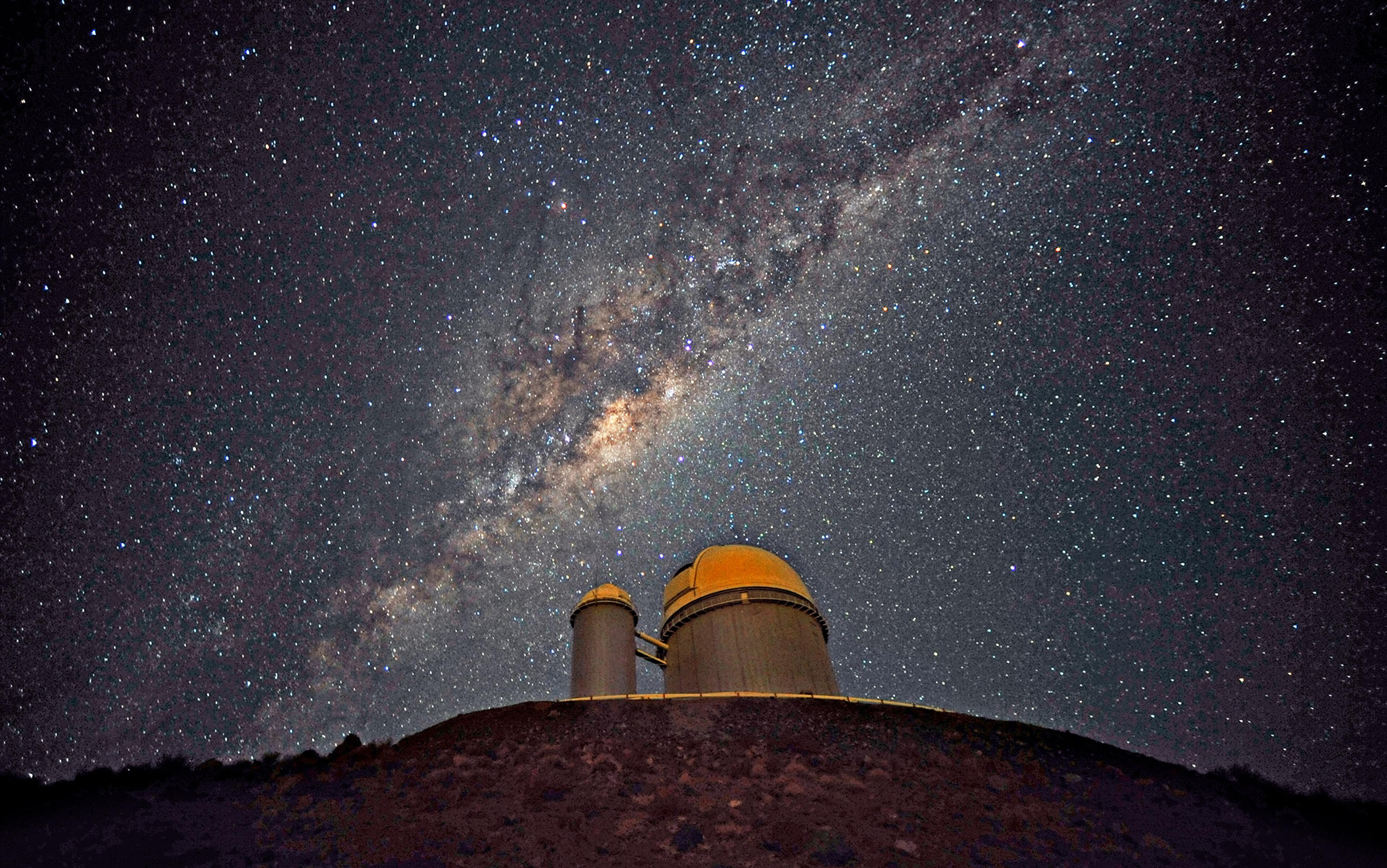
essay
Cosmology
The search for alien tech
There’s a new plan to find extraterrestrial civilisations by the way they live. But if we can see them, can they see us?
Corey S Powell

essay
Cosmology
Fate of the Universe
Are we part of a dying reality or a blip in eternity? The value of the Hubble Constant could tell us which terror awaits
Corey S Powell
Edited by Corey S Powell
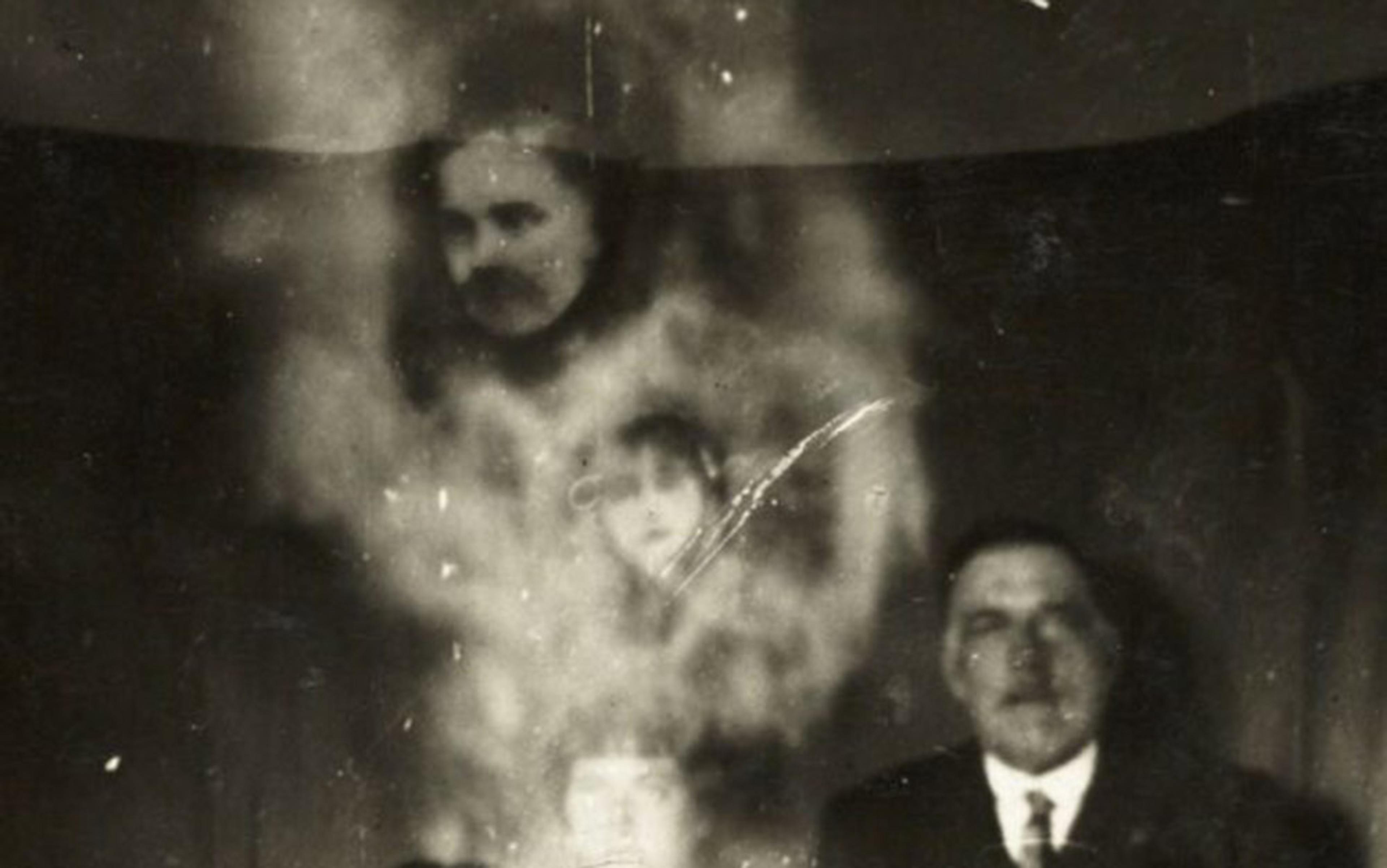
essay
History of science
Spiritual hyperplane
How spiritualists of the 19th century forged a lasting association between higher dimensions and the occult world
Paul Halpern
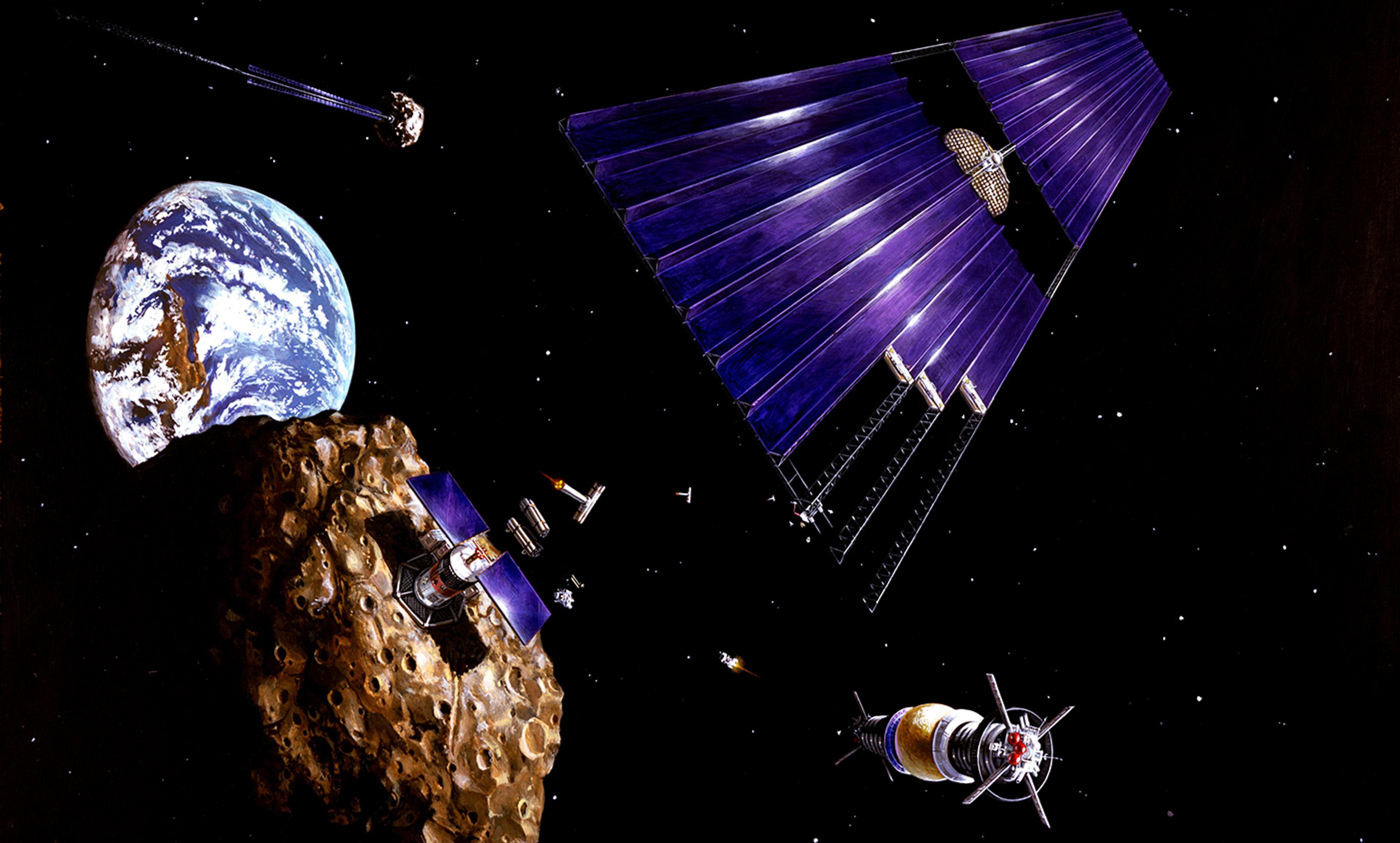
idea
Space exploration
Want faster data and a cleaner planet? Start mining asteroids
Philip Metzger
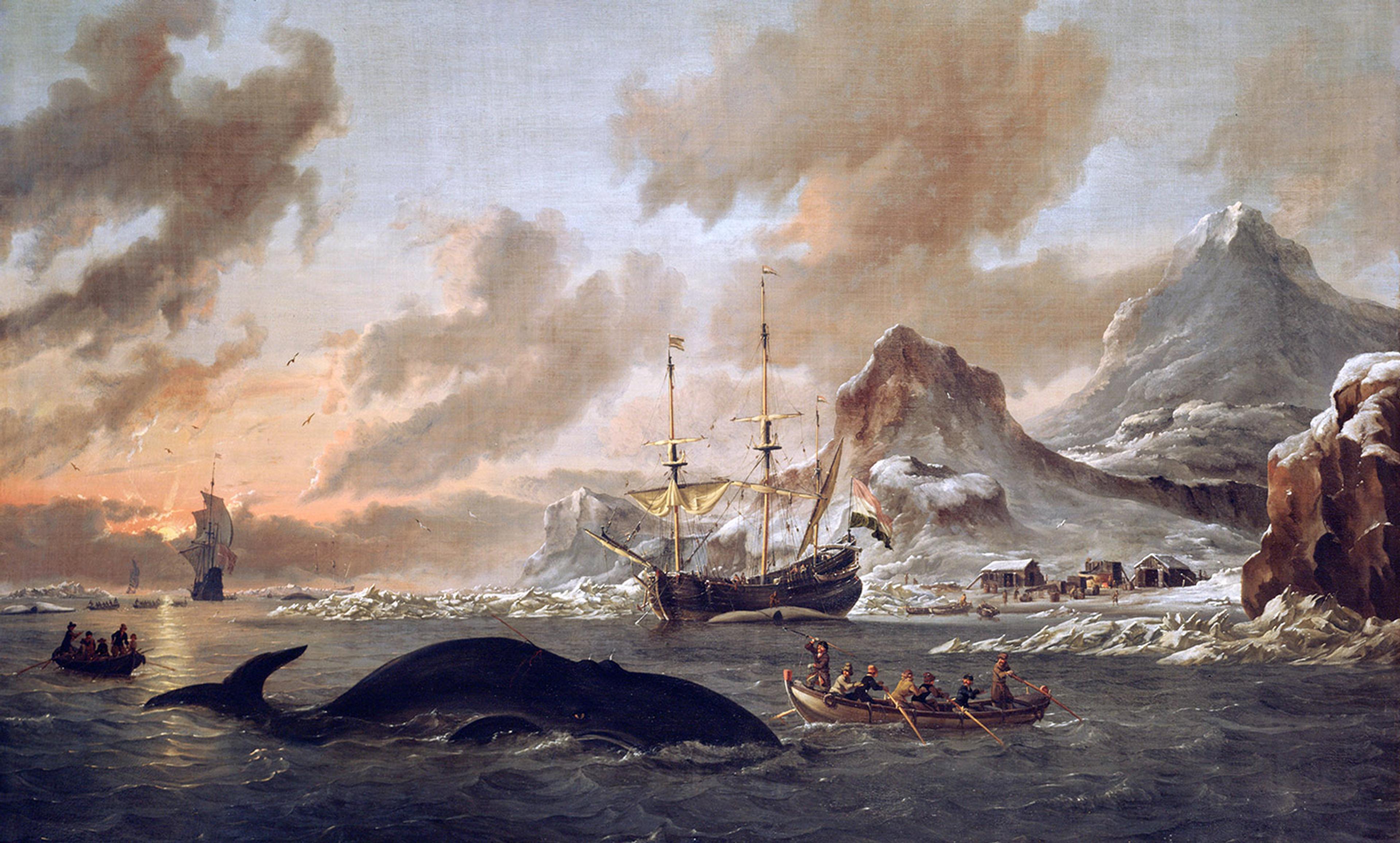
idea
Space exploration
How the whalers of Moby-Dick could help put humans on Mars
Matthew Bruen
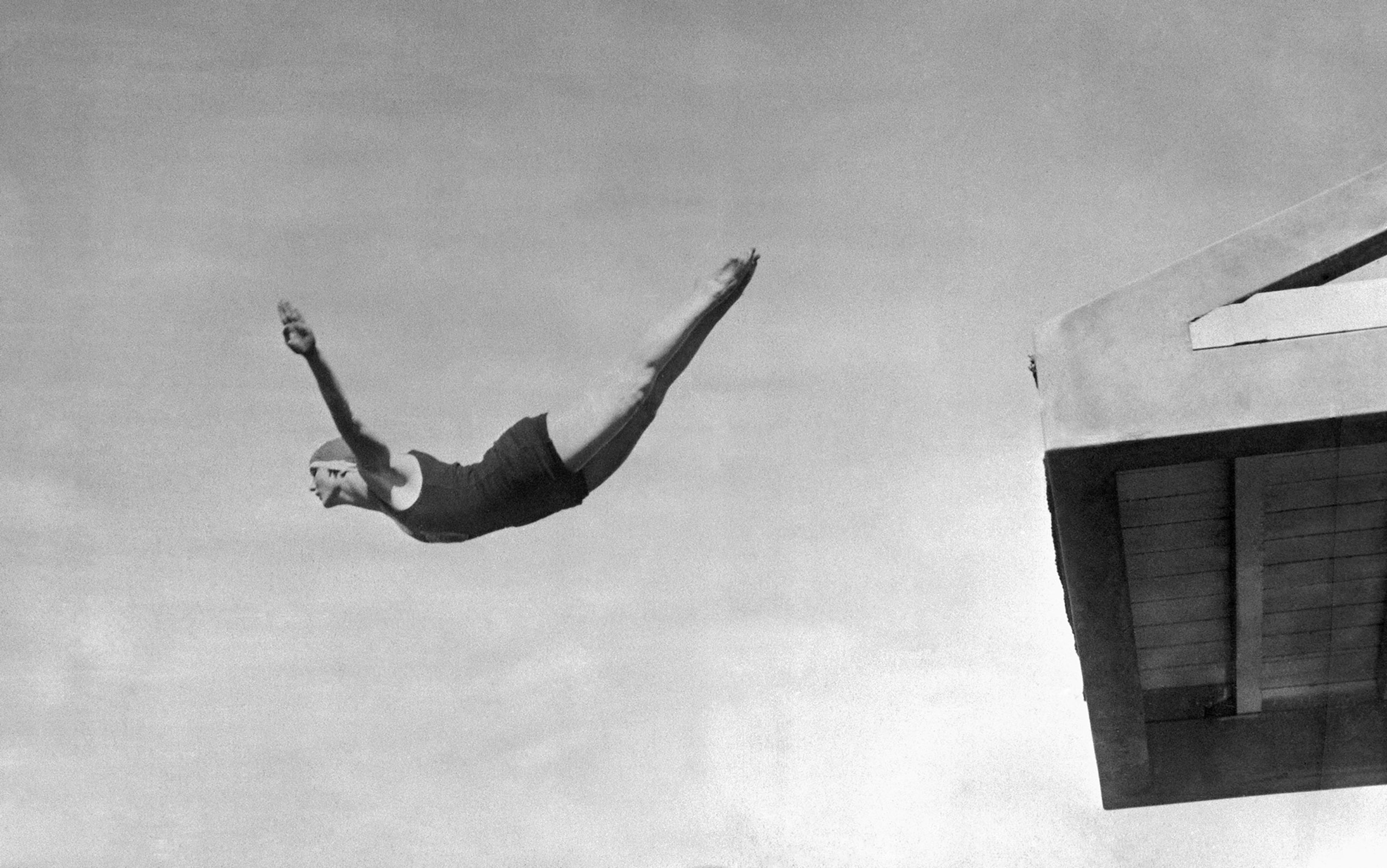
essay
History of science
Armchair science
Thought experiments played a crucial role in the history of science. But do they tell us anything about the real world?
Dan Falk
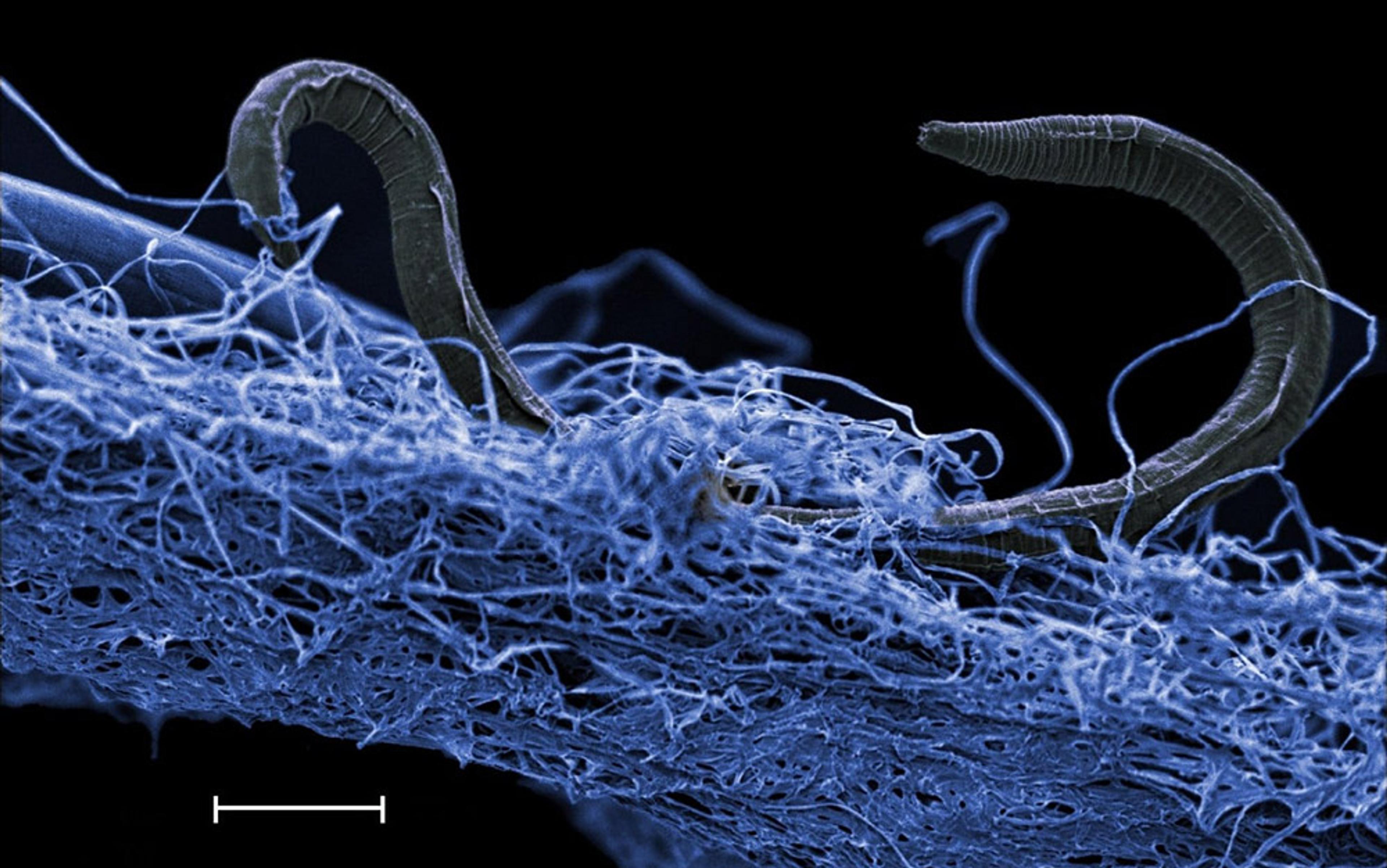
essay
Earth science and climate
Life goes deeper
The Earth is not a solid mass of rock: its hot, dark, fractured subsurface is home to weird and wonderful life forms
Gaetan Borgonie & Maggie Lau

idea
Architecture
Let’s open our sealed-off lives to semi-permeable architecture
Rachel Armstrong
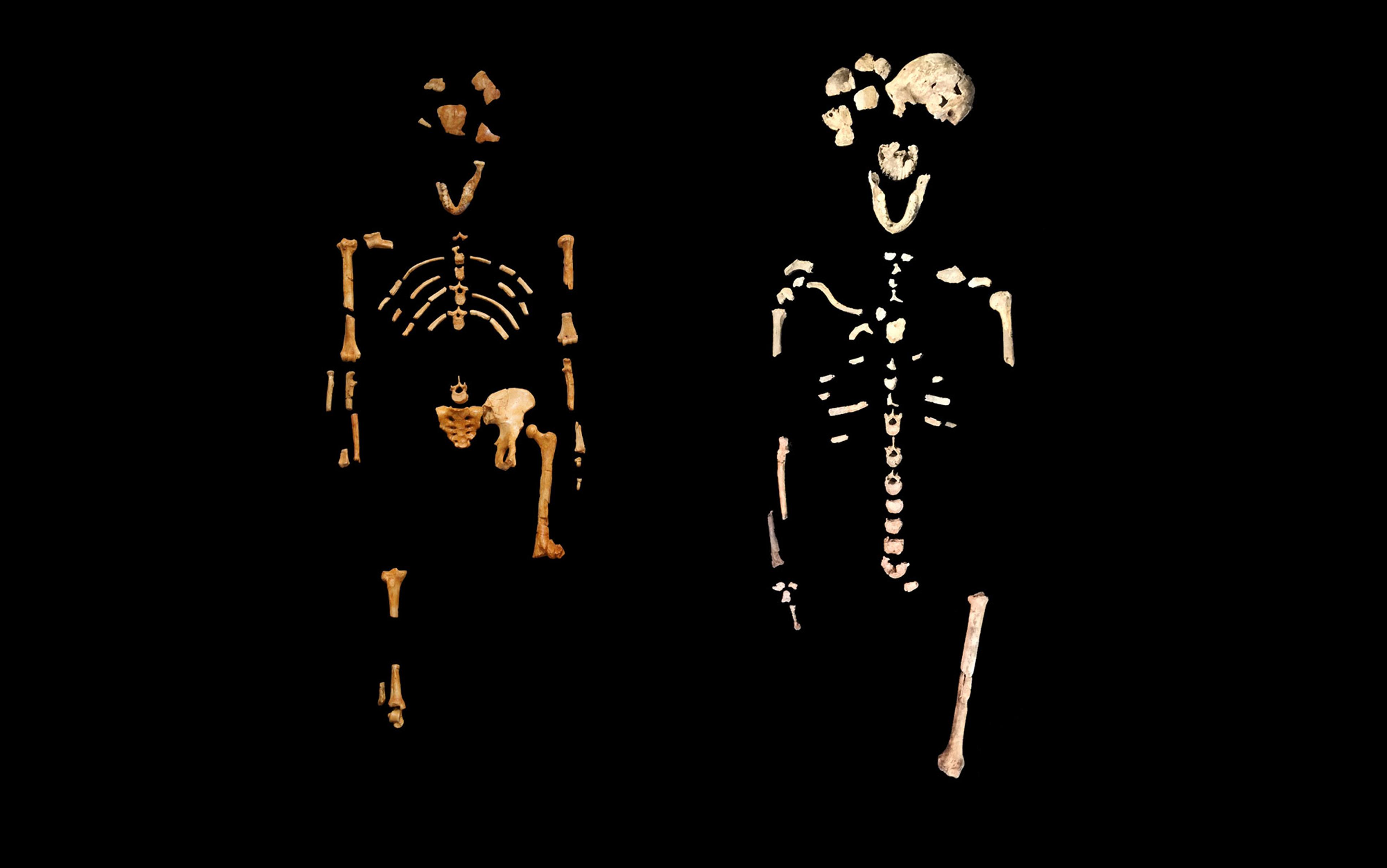
essay
Rituals and celebrations
Who first buried the dead?
Evidence of burial rites by the primitive, small-brained Homo naledi suggests that symbolic behaviour is very ancient indeed
Paige Madison
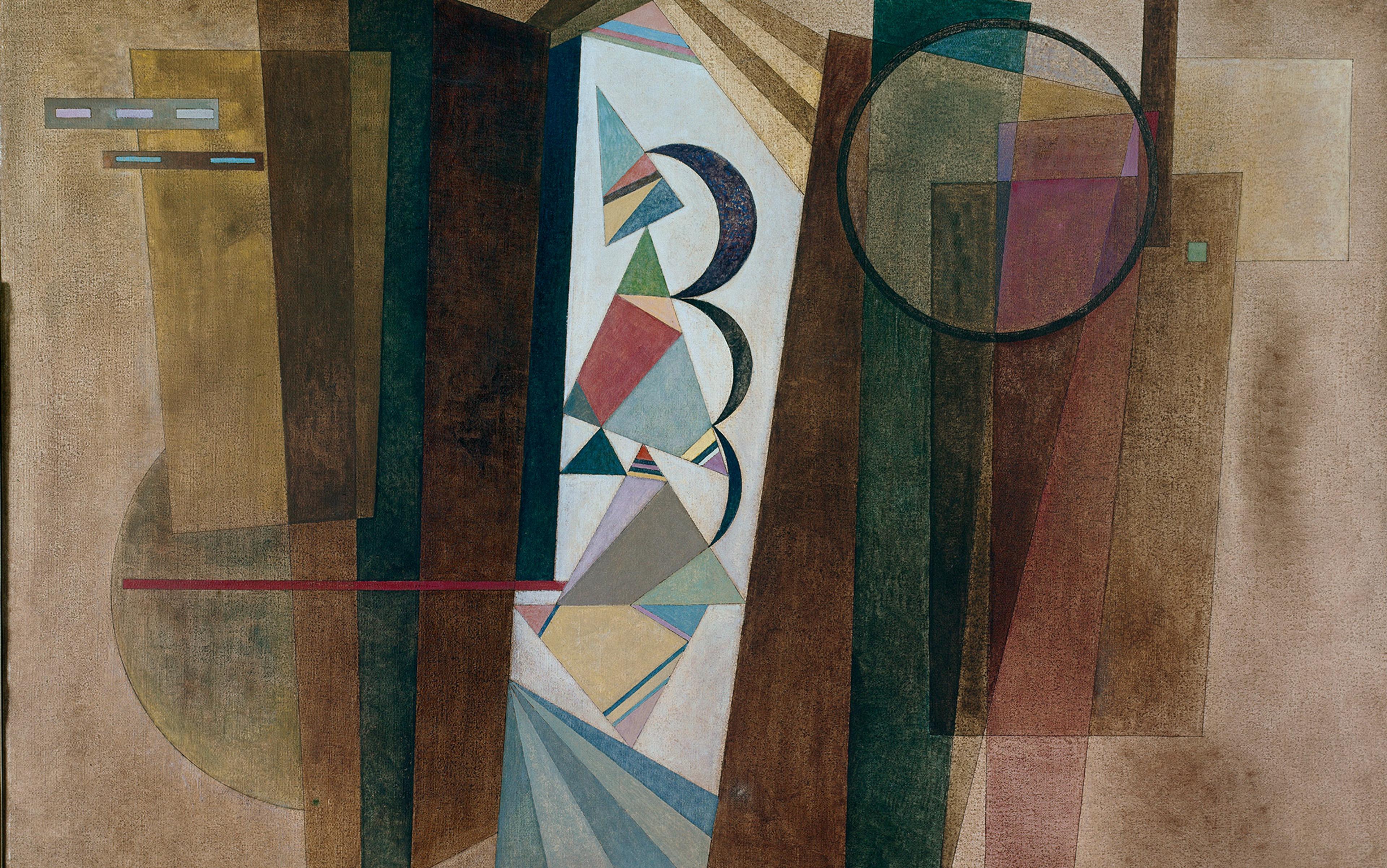
essay
Mathematics
How natural is numeracy?
Where does our number sense come from? Is it a neural capacity we are born with — or is it a product of our culture?
Philip Ball
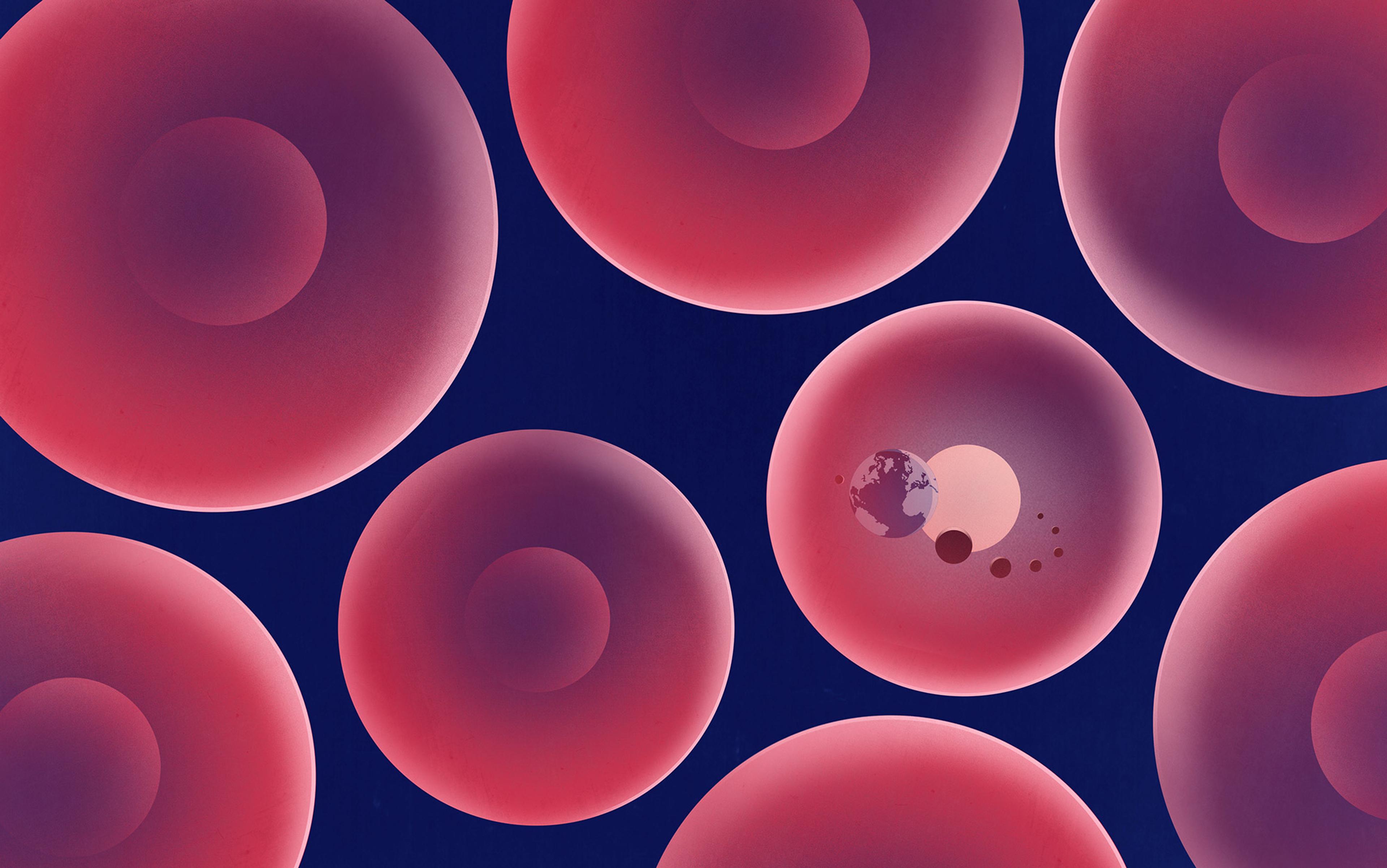
essay
Cosmology
Universe in a bubble
Maybe we don’t have to speculate about what life is like inside a bubble. It might be the only cosmic reality we know
J Richard Gott
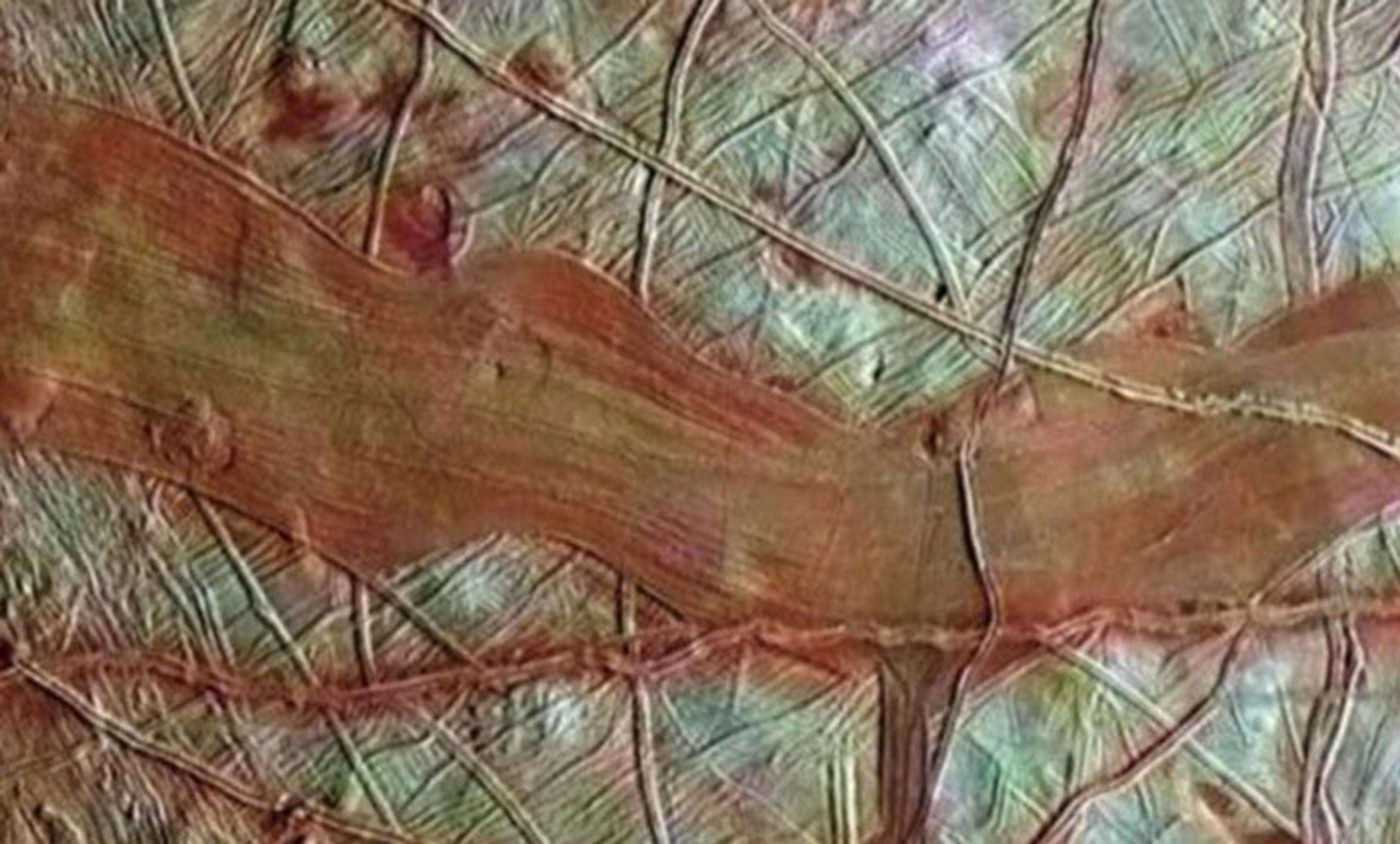
idea
Space exploration
To find aliens, we must think of life as we don’t know it
Ramin Skibba
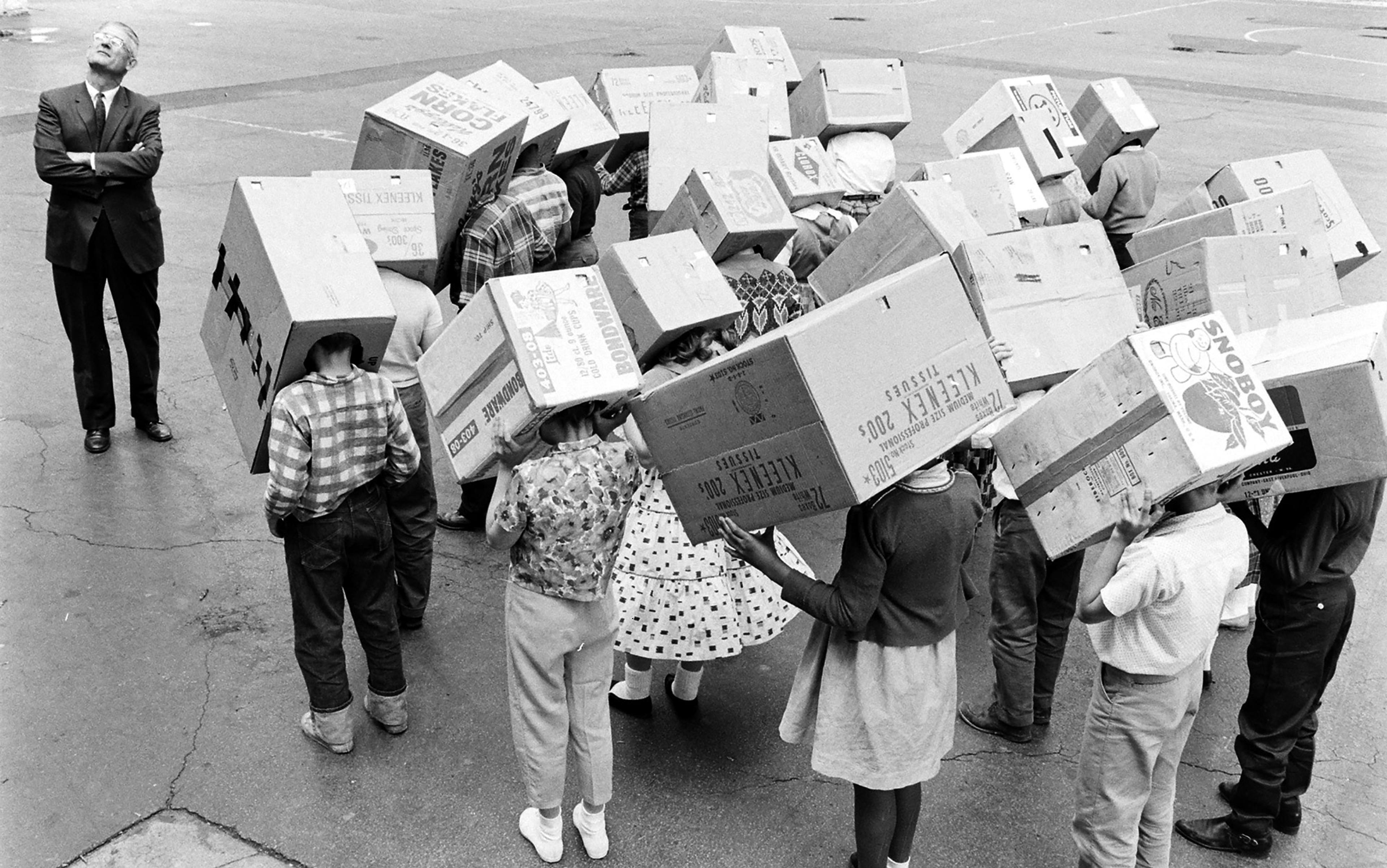
idea
History of science
The most wonderful words in science: ‘We have no idea… yet!’
Daniel Whiteson
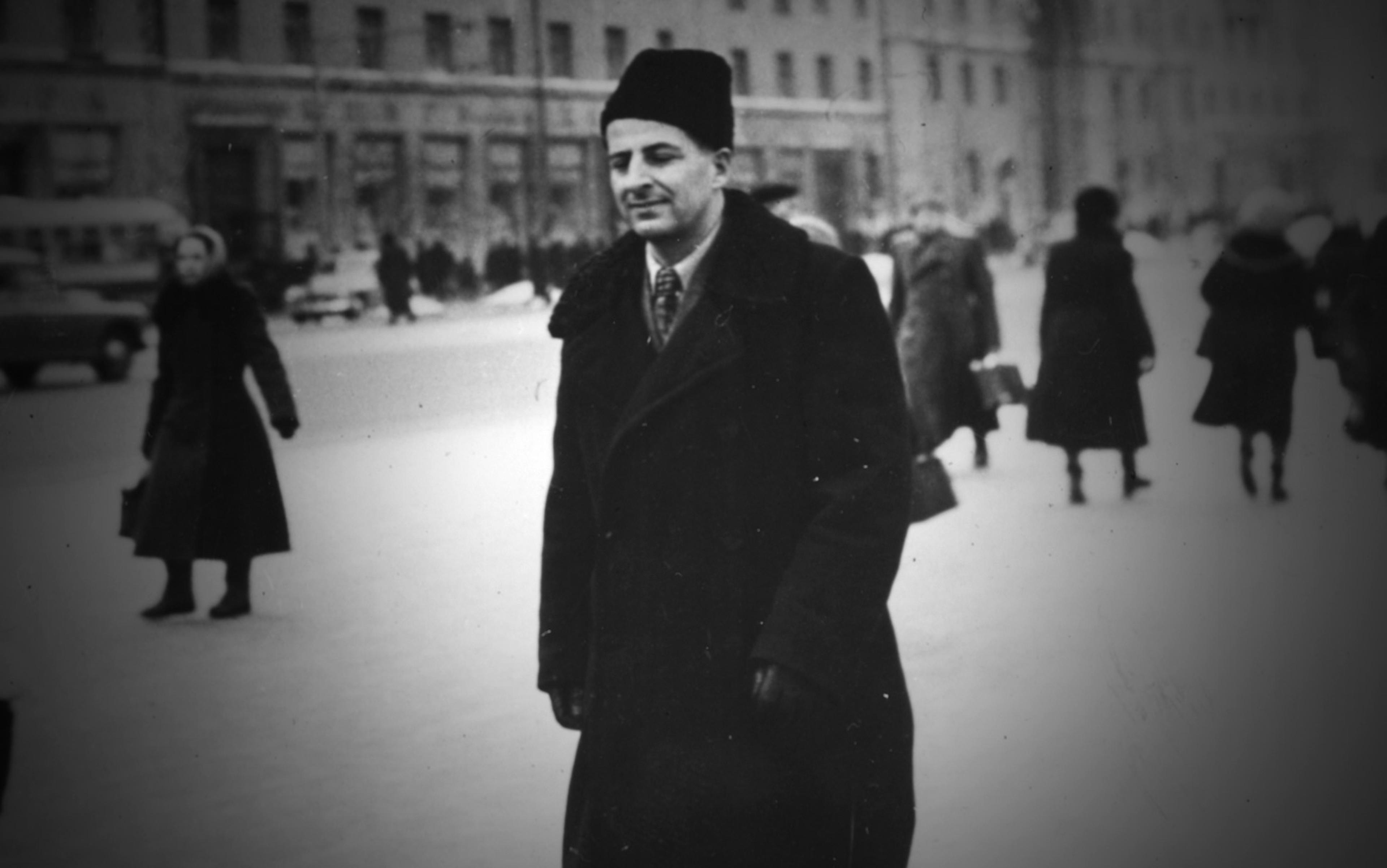
essay
Physics
Operation: neutrino
How the neutrino went from ghost particle to vital physics tool – a tale of bombs, espionage and subtle flavours
David Kaiser